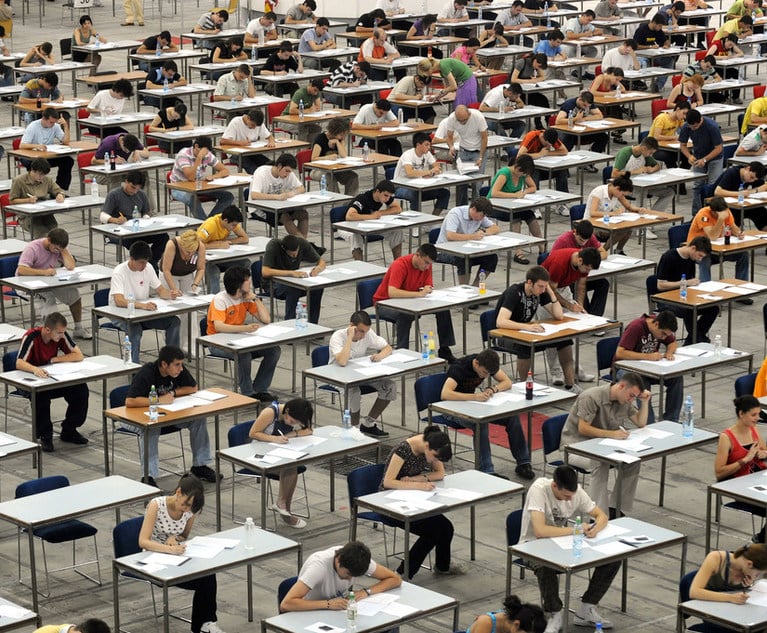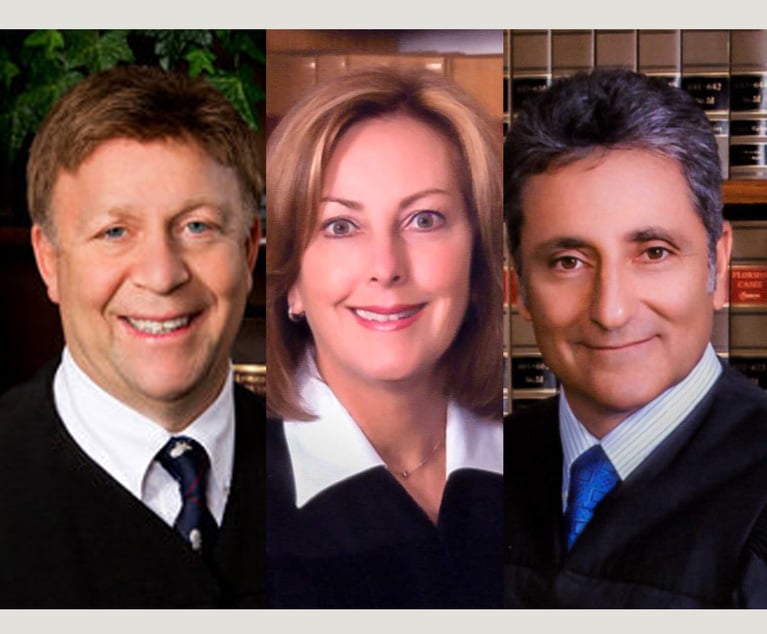Florida’s Third District Court of Appeal ruled Wednesday that a Miami middle school student’s threatening online comments — left in the wake of the 2018 Parkland school shooting– constituted a violation of state law.
The appellate court’s opinion affirmed lower court orders denying a Miami Lakes Middle School student’s motions to dismiss the case against him in Miami-Dade Circuit Court. The juvenile, referred to as O.P-G. in the Third DCA’s ruling, had been found guilty of violating section 877.13 of the Florida Statutes. The law assigns a second-degree misdemeanor to anyone found to have knowingly disrupted educational institutions or school functions.


 Teen Posting on Internet. Credit: fizkes/Shutterstock.com
Teen Posting on Internet. Credit: fizkes/Shutterstock.com





